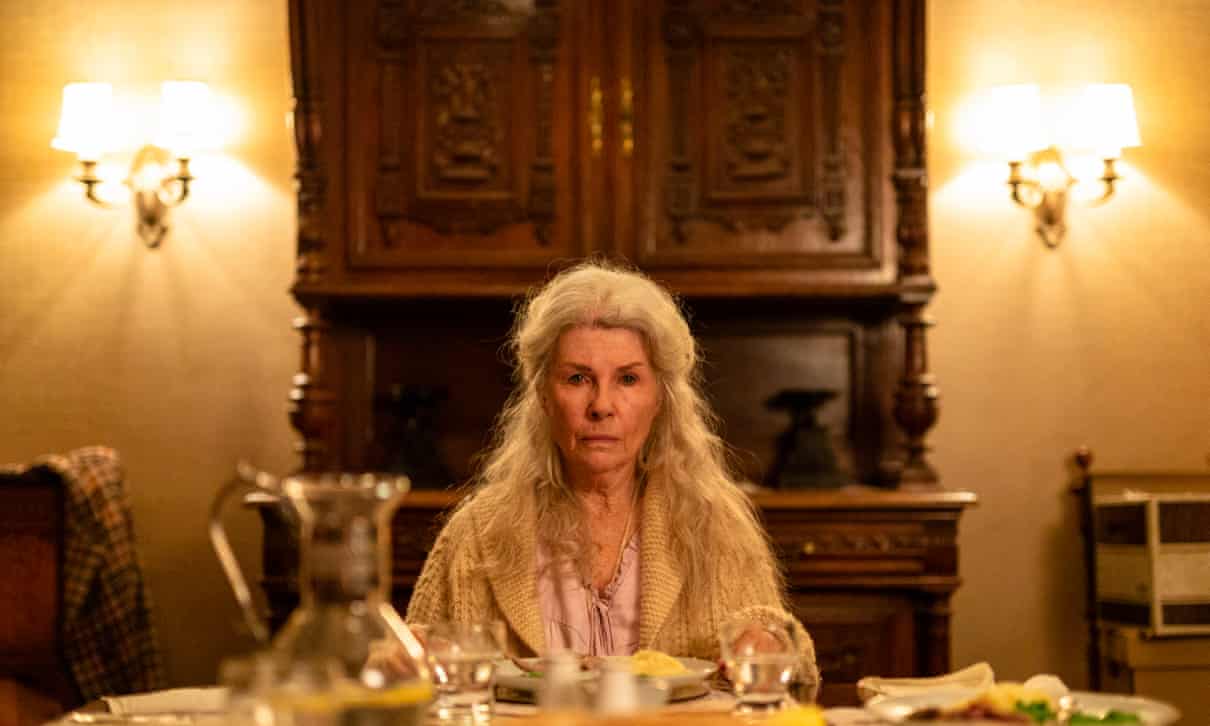Twist-based narratives are always a tricky business. It isn’t enough to just throw out something surprising to recontextualize an audience’s perception. Sure, that can add some narrative intrigue, but without strong thematic grounding that allows exploration into the ramifications of a twist, that twist is just a surprise, a gotcha moment that doesn’t encourage further reflection. Due to the amateur nature of many independent productions, it’s rare to see a twist executed well with that sort of metatextual understanding in place, but thankfully Radius is an exception. While it isn’t a perfect film by any stretch, Radius is a surprisingly effective one that explores the ramifications of dangerous people and whether their intent to be dangerous bears any weight on the lethal consequences of their actions.
The film opens on Liam (Diego Klattenhoff) waking up on the side of the road with no memory of who he is. As he wanders around looking for assistance, he finds that people and animals have dropped dead where they stood, eyes glazed over with white film. After the film plays coy for a bit too long, considering the title, Liam learns that people die when they come within a certain radius of him. He tries to lock himself away but is soon found by another amnesiac who goes by Jane Doe (Charlotte Sullivan), and she isn’t affected by his murderous ability. The two team up to discover just who they are, what gave Liam his deadly ability, and why Jane is an exception.
To get into the twists and turns of Radius’s successive hour would be to suck the fun out of the experience, but while the film has an awkwardly slow first act that takes too long to piece together the obvious, the rest of the experience is couched in gradual reveals that afford dimensionality to Liam and Jane, both in who they were pre-amnesia and how they develop in this new existence. This is packaged in a pursuit thriller wherein the police attempt to apprehend Liam without understanding how or why he is killing people, and the moral dilemma Liam faces for his inability to stop himself is genuinely troubling. Jane’s role in this is a bit more difficult to summarize without diving deep into spoiler territory, but as we discover just who she was before she lost her memory, her relationship with Liam becomes more and more difficult to reconcile.
However, for as intriguing as Radius’s plotting is, it suffers from some pretty stiff acting and direction. Writing and directing duo Caroline Labrèche and Steeve Léonard attempt to affect a somber, self-serious tone to their film’s rather fantastical proceedings, but in the process they don’t allow their leads much room to emote. Klattenhoff and Sullivan are talented enough actors, but they don’t exhibit a lot of range, meaning that their straight-faced delivery often comes across as wooden and overly restrained. This doesn’t kill the film, but it does enforce a layer of artificiality that the engrossing narrative clearly would do better without. One can never get caught up in the movie because the stagey, clearly written dialogue never stops feeling like a work of fiction.
Even so, the philosophical ramifications of Radius’s third act are something to behold. It’s a surprisingly poignant series of twists that culminate into something worth meditating upon. Given more acquiescence to melodrama and a tone that didn’t feel so stringently grounded in reality, this could have been a greater film than its smart screenplay already makes it. But Radius is absolutely worth checking out, as it’ll go down as one of the most intriguing films no one saw this year.













